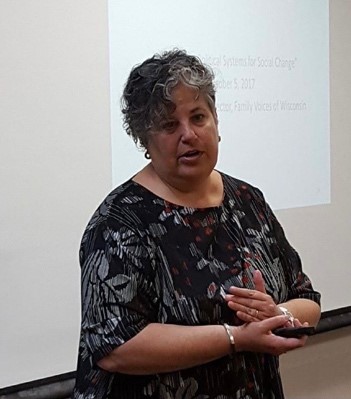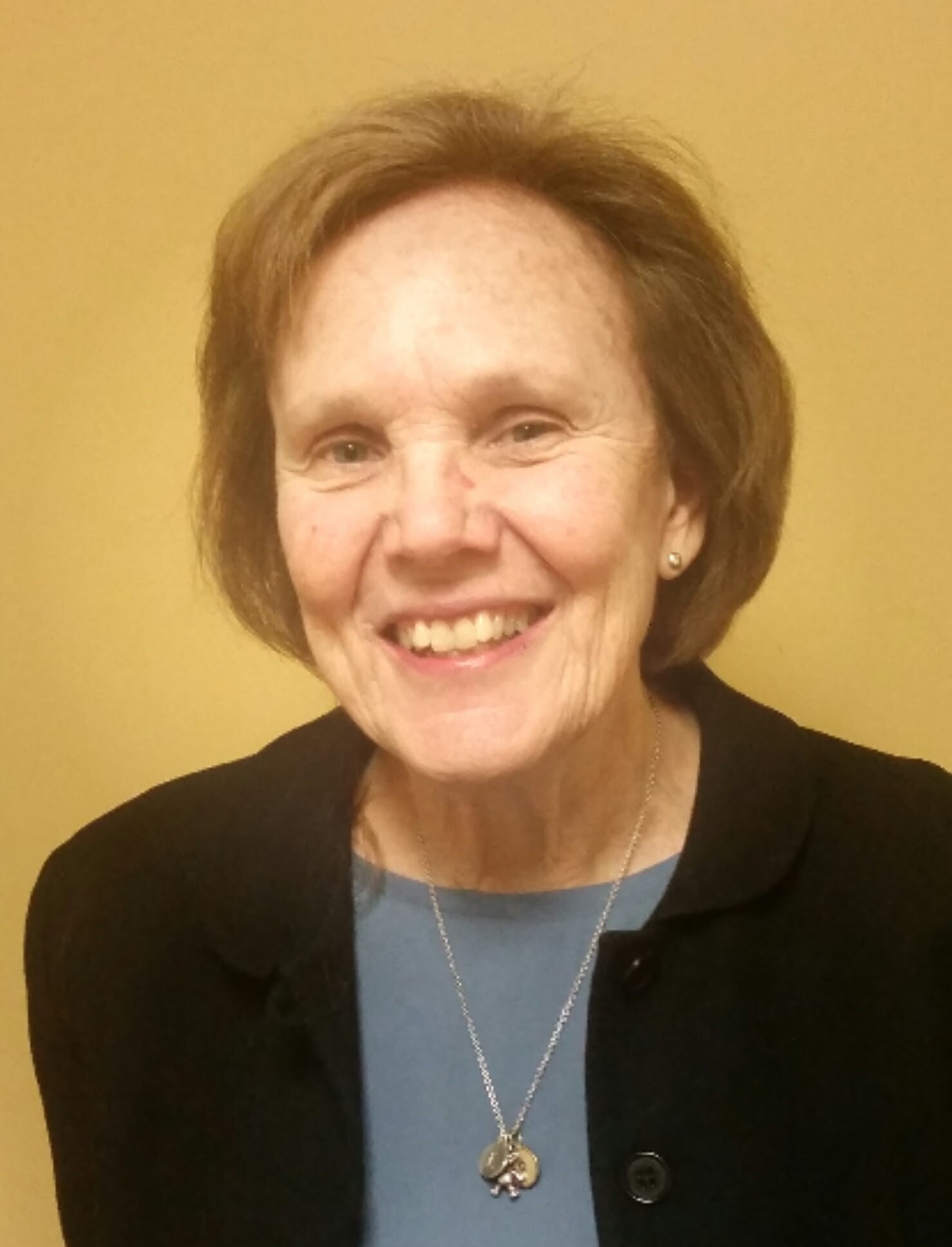NEW: HHS Seeks Public Feedback on Modifying HIPAA Privacy Rules – Due Feb. 12
The Office of Civil Rights (OCR) of the Department of Health and Human Services (HHS) has published a Request for Information (RFI) asking the public for comments on how regulations implementing the Health Insurance Portability and Accountability Act (HIPAA) can be improved to “facilitate efficient care coordination and/or case management, and/or promote the transformation to value-based health care,” including rule changes that would encourage providers and other covered entities to share treatment information with parents, loved ones, and caregivers of adults facing health emergencies (with a particular focus on the opioid crisis). Comments are due no later than February 12, 2019. Read the RFI and submit comments.
Previously Reported:
Comments on New Standards for ACA Innovation Waivers (§1332 waivers) – due Dec. 24
On October 22, the Centers for Medicare & Medicaid Services (CMS) and the U.S. Department of the Treasury (collectively, the Departments) released new guidance (press release; fact sheet) on waivers authorized by section 1332 of the Affordable Care Act (ACA), which was intended to let states design innovative ways to insure their residents. The newly termed “State Relief and Empowerment Waivers” will let states allow the sale of insurance policies that do not meet all of the ACA’s standards, using criteria that are more flexible than those established by the Obama administration. These alternative plans may provide less robust coverage than would be allowed under the previous guidance, and would not necessarily have to cover pre-existing conditions. The new standards became effective on October 22, but the administration is accepting comments on them through December 24. See the article above and the October 31 Update for background materials.
Comments to FDA about Sesame Allergies – due Dec. 31
The Food and Drug Administration (FDA) has issued a “Request for Information” requesting input from the public about whether it should require that sesame be listed as an ingredient on food labels to help protect those with sesame allergies. Comments can be submitted here.
Comments to CMS about Proposed Rule on Medicaid/CHIP Managed Care – due Jan. 14, 2019
On November 8, the Centers for Medicare & Medicaid Services (CMS) issued a Notice of Proposed Rule Making (NPRM) (proposed rule) to amend the 2016 managed care final rule issued by the Obama administration. As explained in a CMS Fact Sheet, the new proposed rule would give states “more flexibility to set meaningful network adequacy standards using quantitative standards that can take into account new service delivery models like telehealth.” States would also have the authority to define “specialists” “in the most appropriate way for their programs.” Among other objectives, the proposed rule is intended to make it easier for states to transition new services and populations into managed care. See Medicaid Managed Care Proposed Rule Would Give States More Flexibility (National Academy for State Health Policy, 11/20/18). Comments are due January 14, 2019, and can be submitted through Regulations.gov.
Of Possible Interest
Talking Matters: A Loving Mother’s Commitment to Honor Her Daughter’s End-of-Life Wishes
(The Conversation Project blog post by Family Voices consultant Cara Coleman, 12/11/18)
‘We’re Fighting For Our Lives’: Patients Protest Sky-High Insulin Prices
(Kaiser Health News, 12/12/18)
Almost 5 Million Americans Got More Paid Family Leave This Year
(Bloomberg, 12/6/18)
These Children Can Neither Move Nor Speak. Clowns and Engineers Are Trying to Listen to Their Inner Worlds
(STAT, 12/13/18)


















